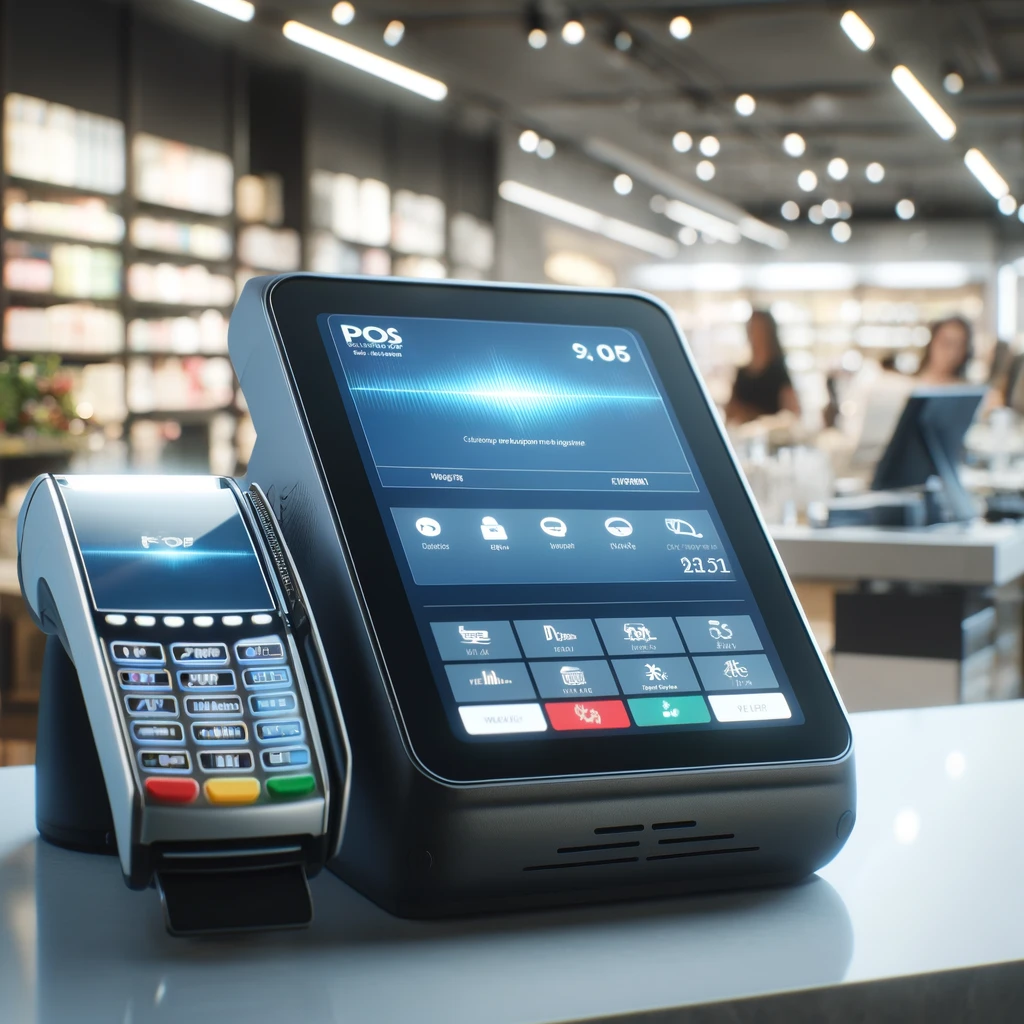In our increasingly digital world, offering debit card payment options is essential for businesses of all sizes. This article will guide you through what you need to know and do to get started with debit card payment services, ensuring a smooth and secure experience for both you and your customers.
Understanding Debit Card Payments
How Debit Cards Work
Debit cards offer a direct link to a customer’s bank account, allowing immediate transaction approval, which is essential for real-time purchases. When a customer swipes their debit card, the funds are deducted directly from their checking account, bypassing the need for credit and emphasizing financial control.
Benefits of Using Debit Card Payments
Quick Transactions
One of the main advantages of debit card payments is the speed of transactions. They process almost instantaneously, ideal for fast-paced retail environments.
Lower Fees Compared to Credit Cards
Debit cards typically incur lower processing fees than credit cards, which can significantly reduce overhead costs for businesses.
Increased Security
With advancements in chip technology and encryption, debit cards have become increasingly secure, reducing the risk of fraud.
Setting Up Your Business for Debit Card Payments
Merchant Account Requirements
To accept debit card payments, your business needs a merchant account. This acts as an intermediary between your bank and the customers’ bank, ensuring funds are appropriately transferred and settled.
Choosing the Right Payment Processor
Selecting a reliable payment processor is crucial. Consider factors like transaction fees, setup costs, and whether their technology integrates well with your current systems.
Technical Setup for Debit Payments
Necessary Hardware
Depending on your business type, you might need point-of-sale (POS) terminals that accept debit cards. These can range from traditional terminals to mobile devices equipped with payment processing apps.
Software Requirements
Ensure your POS system can handle debit transactions and is compatible with your overall sales and inventory systems.
Compliance and Security
Understanding PCI Compliance
PCI compliance is mandatory for any business that accepts debit card payments. This standard ensures customer data protection during transactions.
Secure Customer Data
Implementing strong encryption and other security measures is critical to protect sensitive customer information and maintain trust.
Conclusion
Setting up debit card payment services can streamline your transactions and enhance customer convenience. By understanding the requirements and choosing the right partners, you can ensure a successful implementation.








